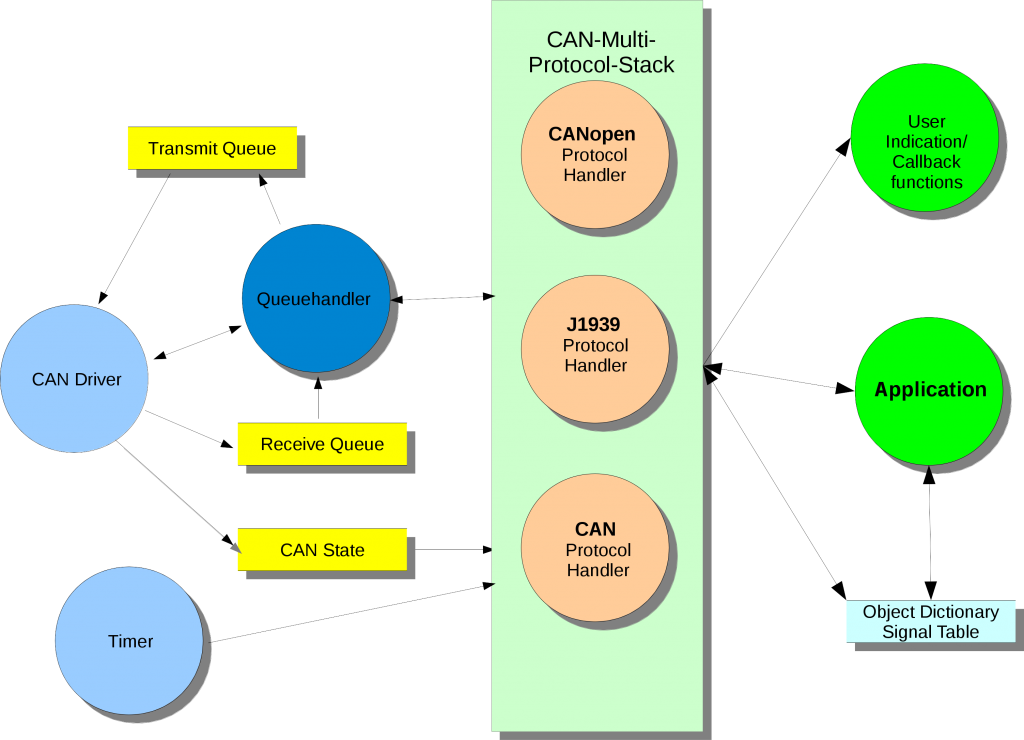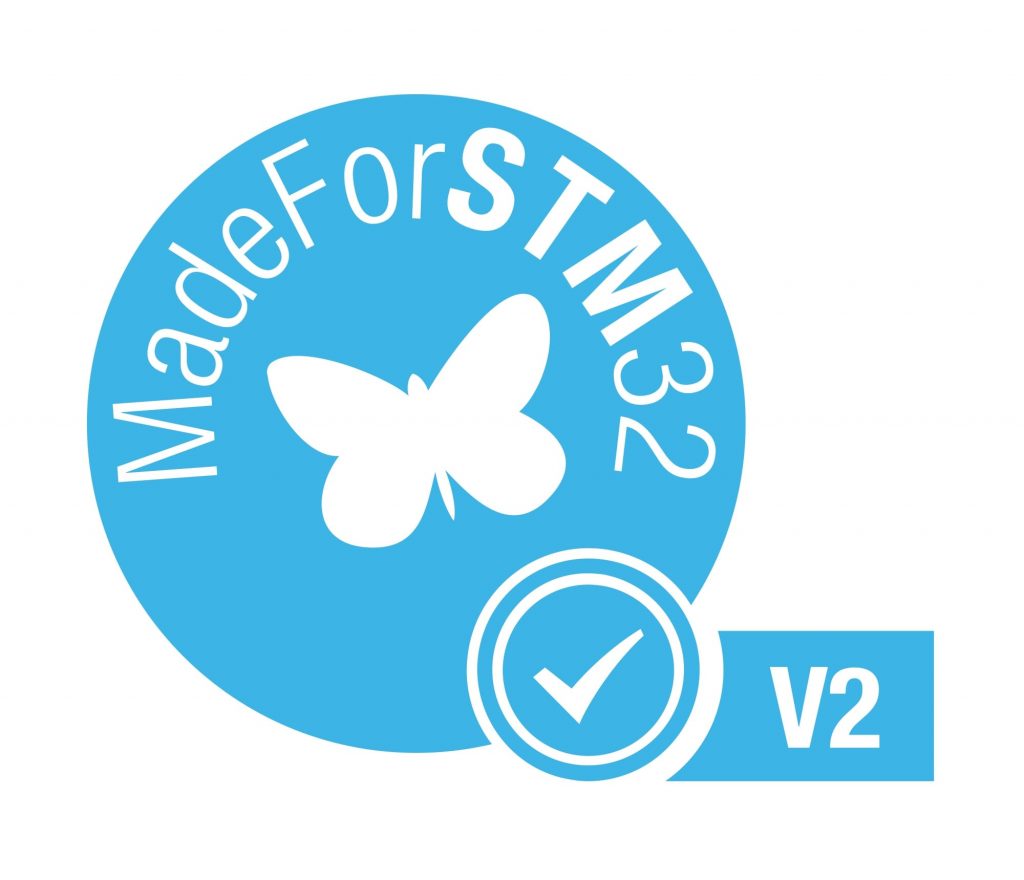For the topics CAN and CANopen we are offering seminars that are suitable for both beginners and experts. Our seminars are always tailored to our customers’ requirements and cover topics from CAN/CANopen basics as well as the details of various device or application profiles.
/
Content
- a) Introduction into CAN and CAN FD
- Physical Layers (High-Speed, Low-Speed, CAN FD)
- Bit timing
- Data Link Layer
- 11-bit CAN-IDs
- 29-bit CAN-IDs
- Error Frames, Overload Frames
- Arbitration
- Error handling
- Limitations of CAN
- Higher layer protocols based on CAN
- b) CANopen and CANopen FD
- History and CAN in Automation e.V.
- CANopen device model
- Object dictionary
- Overview about Device and application profiles
- Service Data Object (SDO)
- Expedited Transfer
- Segmented Transfer
- Block Transfer
- Universal Service Data Object (USDO) for CANopen FD
- Process Data Object (PDO)
- Multiplexed Process Data Object (MPDO)
- Emergency, NMT, Boot-Up, Heartbeat, Node Guarding, Time Stamp, SYNC
- Layer Setting Services (LSS) (CiA 305)
- CANopen-CANopen-Routing (CiA 302-7)
- EDS und XDD-Dateien
- CANopen Configuration and Boot-Up Manager (CiA 302-2)
- Safety Relevant Data Object (SRDO)
- Flying Master
- Redundancy
- CANopen Conformance Test
- c) explanation of emotas CANopen Master/Slave Stack
- d) detailed explaination of a device or application profile
- e) Initial operation of CANopen Stacks (also on customers’s target hardware)
- Adaption of CAN GPIO-Pins and clokc of CAN cantrollers on target hardware
- first CAN messages
- basic CANopen services
- f) Introduction of emotas CANopen Toolchain
- Analyzing CAN using the CANinterpreter
- Firmware download by the CANopen UpdateManager
- device design using the CANopen DeviceDesigner
- network design using the CANopen NetworkDesigner
- configuration and test using the CANopen DeviceExplorer




